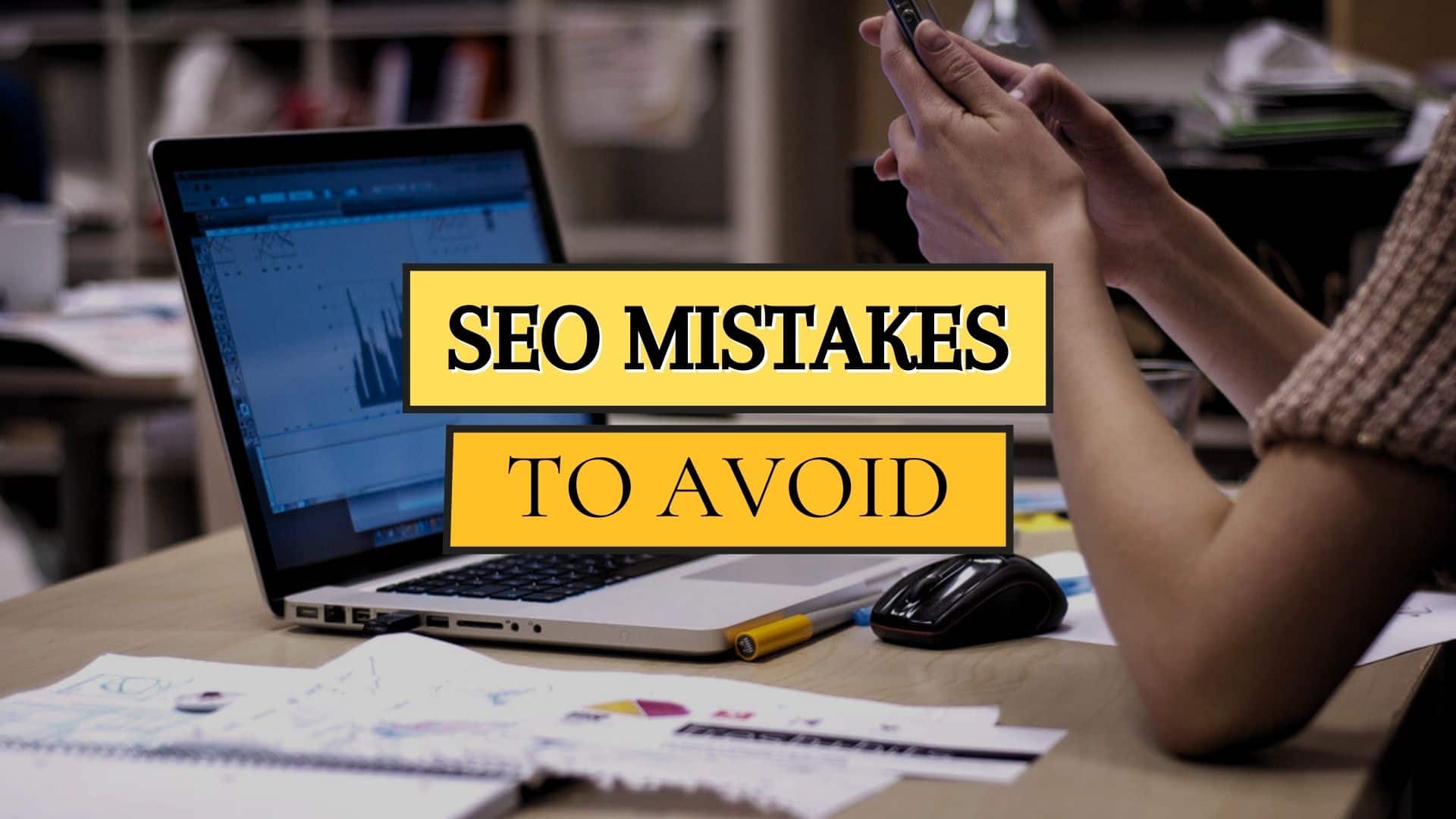
Search Engine Optimization (SEO) is crucial for personal injury law firms aiming to attract new clients online. While effective SEO strategies can boost your website’s visibility and drive traffic, making mistakes can significantly hamper your online presence and negatively impact your business. Here are some common SEO mistakes to avoid for personal injury websites.
Table of Contents
1. Ignoring Keyword Research
Keyword research is the cornerstone of any successful SEO strategy. One of the biggest mistakes is not investing time in comprehensive keyword research. Without identifying the right keywords that potential clients use to search for personal injury services, you risk targeting irrelevant or low-traffic terms.
2. Keyword Stuffing
While keywords are essential, overusing them can do more harm than good. Search engines penalize websites that engage in keyword stuffing, leading to lower rankings. Instead, focus on creating high-quality, informative content where keywords fit naturally. Aim for a balanced keyword density and prioritize readability.
3. Neglecting Local SEO
Local search engine optimization for personal injury lawyers is critical. Potential clients typically search for attorneys within their geographic area. Neglecting local SEO means missing out on this highly targeted traffic. Ensure your website includes local keywords, such as “personal injury lawyer in [City]” or “[City] accident attorney.” Optimize your Google My Business profile, maintain consistent NAP (Name, Address, Phone Number) information across all online directories, and encourage satisfied clients to leave reviews.
4. Poor Website Structure and Navigation
A poorly structured website with confusing navigation can frustrate visitors and negatively impact your SEO. Search engines favor websites that offer a good user experience. Make sure your site has a clear, logical structure with easy-to-use navigation menus. Use internal linking to help visitors find relevant content and improve search engine crawling. Each page should be no more than three clicks away from the homepage.
5. Slow Page Load Times
Page speed is a crucial ranking factor for search engines. Slow-loading pages can lead to higher bounce rates, as visitors are likely to leave if a page takes too long to load. Optimize images, leverage browser caching, and minimize CSS and JavaScript files to improve load times. A faster website enhances user experience and can positively impact your SEO rankings.
6. Lack of Mobile Optimization
Having a mobile-friendly website is essential in today’s time. Google uses mobile-first indexing, meaning it predominantly uses the mobile version of your site for ranking and indexing. Ensure your website is responsive and provides a seamless experience across all devices.
7. Ignoring Meta Descriptions and Title Tags
Meta descriptions and title tags play a vital role in SEO. Ignoring these elements or not optimizing them properly can hurt your rankings and click-through rates. Write compelling, keyword-rich title tags and meta descriptions for each page of your website. These elements help search engines understand your content and encourage users to click on your site in search results.

8. Not Utilizing Analytics
Failing to monitor and analyze your SEO efforts is a critical mistake. Without tracking your performance, you won’t know what’s working and what needs improvement. Use tools like Google Analytics and Google Search Console to track key metrics such as organic traffic, bounce rate, and keyword rankings. Regularly review this data to make informed decisions and adjust your SEO strategies accordingly.
9. Overlooking Content Quality
Overlooking content quality by publishing low-quality, thin, or duplicate content can harm your rankings and reputation. Focus on creating high-quality, informative, and engaging content that addresses the needs and concerns of your potential clients. Regularly update your blog with valuable articles on personal injury law, case studies, and legal advice.
10. Ignoring Backlinks
Backlinks, or inbound links from other reputable websites, are a significant factor in SEO. Ignoring backlink building can limit your site’s authority and ranking potential. Engage in ethical link-building practices, such as guest blogging, contributing to legal publications, and networking with other professionals. Avoid black hat tactics like buying links, as these can lead to severe penalties from search engines.
Avoiding these common SEO mistakes can significantly enhance your personal injury law firm’s online presence and attract more clients.
